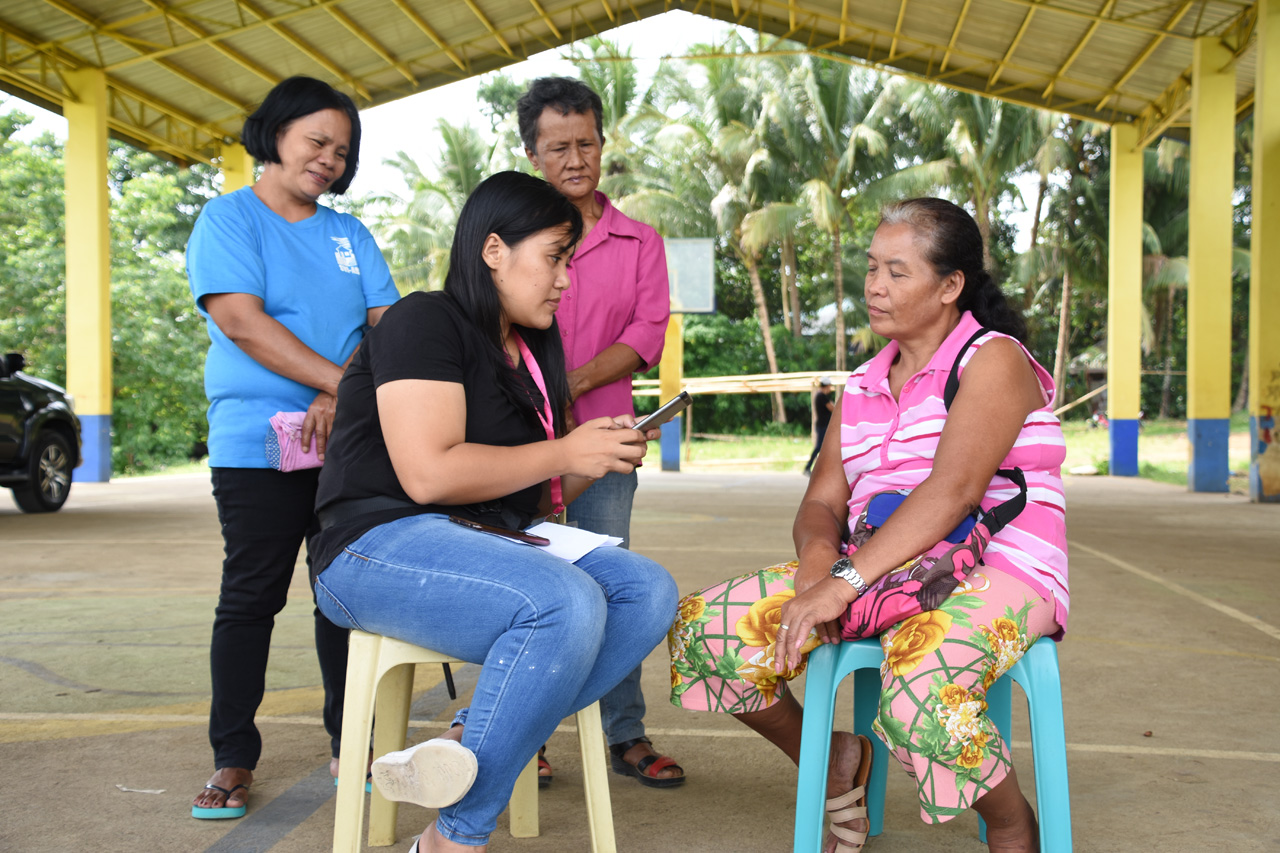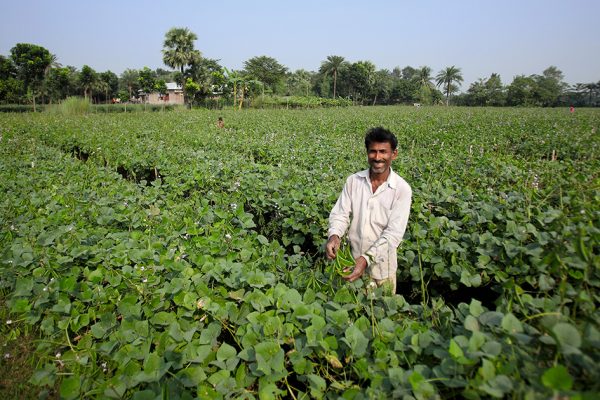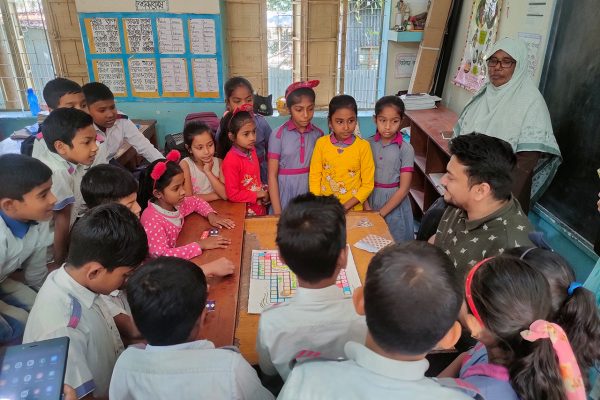An Audacious expansion for BRAC’s global Graduation agenda
Reading Time: 3 minutes
With the announcement of BRAC’s Ultra-Poor Graduation Initiative being selected as one of this year’s TED-sponsored Audacious Project winners, we look ahead to the future of Graduation programming around the world.
On 18 June, TED announced that BRAC was one of eight winners of the Audacious Project. An investment of over $60 million will significantly expand BRAC’s work to enable the adoption of Graduation programmes by governments across Asia and sub-Saharan Africa.
The Graduation approach was developed by BRAC’s Ultra-Poor Graduation programme (previously known as Targeting the Ultra-Poor Programme or “TUP”), in 2002. Since then, a range of other international NGOs and UN agencies, inspired by BRAC’s work, have adopted and tested the Graduation approach in multiple contexts and countries around the world, citing consistently high and sustained impacts across a range of development indicators.
According to the World Bank’s partnership for economic inclusion (PEI), (economic inclusion is used to refer to Graduation and Graduation-like programmes), there are economic inclusion programmes in 75 countries. While this signals extraordinarily successful uptake, many of these are small-scale initiatives.
BRAC recognises that Graduation will not reach its full potential to lift households out of extreme poverty until governments and other large-scale actors are equipped to implement and scale Graduation programmes themselves. Since 2016 BRAC’s Ultra-Poor Graduation Initiative has been working with a handful of governments, NGOs and multilateral institutions to enable adoption and contextualisation of the Graduation programmes, mainly by providing technical assistance on pilot programmes and developing technical guidance and training for partners.

Participants in the Philippines DOLE Graduation pilot program receive business coaching from a Graduation Community Facilitator
With the Audacious investment BRAC’s Ultra-Poor Graduation Initiative will pursue a larger agenda, to work with multiple partners at multiple levels in support of wide-scale systems change.
“The need to combat extreme poverty and drive systemic change has never been more urgent,” said Shameran Abed, Senior Director of BRAC Microfinance and Ultra-Poor Graduation programmes.
At a global level, we will engage critical donors, whose funding and expertise influence the uptake of social protection programmes, to rally around evidence-backed economic inclusion programmes that focus on the extreme poor. We will also work with a coalition of actors to engage in advocacy efforts to elevate and maintain attention on the need to end extreme poverty.
Read more: Eliminating extreme poverty: How can we make Graduation more cost-effective?
At a country-level, we will work with a selection of governments and implementing partners to reach 21 million more people through government-led Graduation programmes by 2026. This will work with government policymakers, enabling government agencies to enhance design and execution of extreme-poor focused programmes, building capacities among implementing partners, and working with local advocacy partners to build and sustain local demand for government investment in Graduation programmes.
We will also work closely with the BRAC Institute of Governance and Development, and its network of academic partners to develop a robust learning agenda that will continue to build the global bank of evidence for how Graduation can be adapted to key poverty contexts, and effectively and efficiently scaled.
This strategy will leverage the strengths of the wider organisation, including the decades of operational expertise from implementing at scale in Bangladesh; adaptation experience with governments, NGOs and BRAC International programming in 13 countries; and research excellence supported by BRAC University and its network of leading academic partners.
Read more: Meeting Basic Needs of the World’s Poorest During a Time of Crisis: Part I
BRAC cannot do this work alone, and we look forward to working with our wider network of partners and peers who constitute a vibrant, global community of practice committed to the fight against extreme poverty and the role that Graduation has to play in it.
BRAC’s Audacious Graduation strategy embodies the philosophy of BRAC’s founder, Sir Fazle Abed, whose commitment to scale drove BRAC to think innovatively about how to pursue new means of scaling its expertise and influence beyond direct NGO programming. Abed bhai was a fervent believer in the potential of all people to lift themselves out of poverty, and how the power of the Graduation approach draws from its ability to ‘light the spark of self-belief’ among the very poorest. The Audacious investment will enable BRAC to light that spark among many millions more.
Isabel Whisson is Special Assistant for Strategy, UPGI, BRAC.





